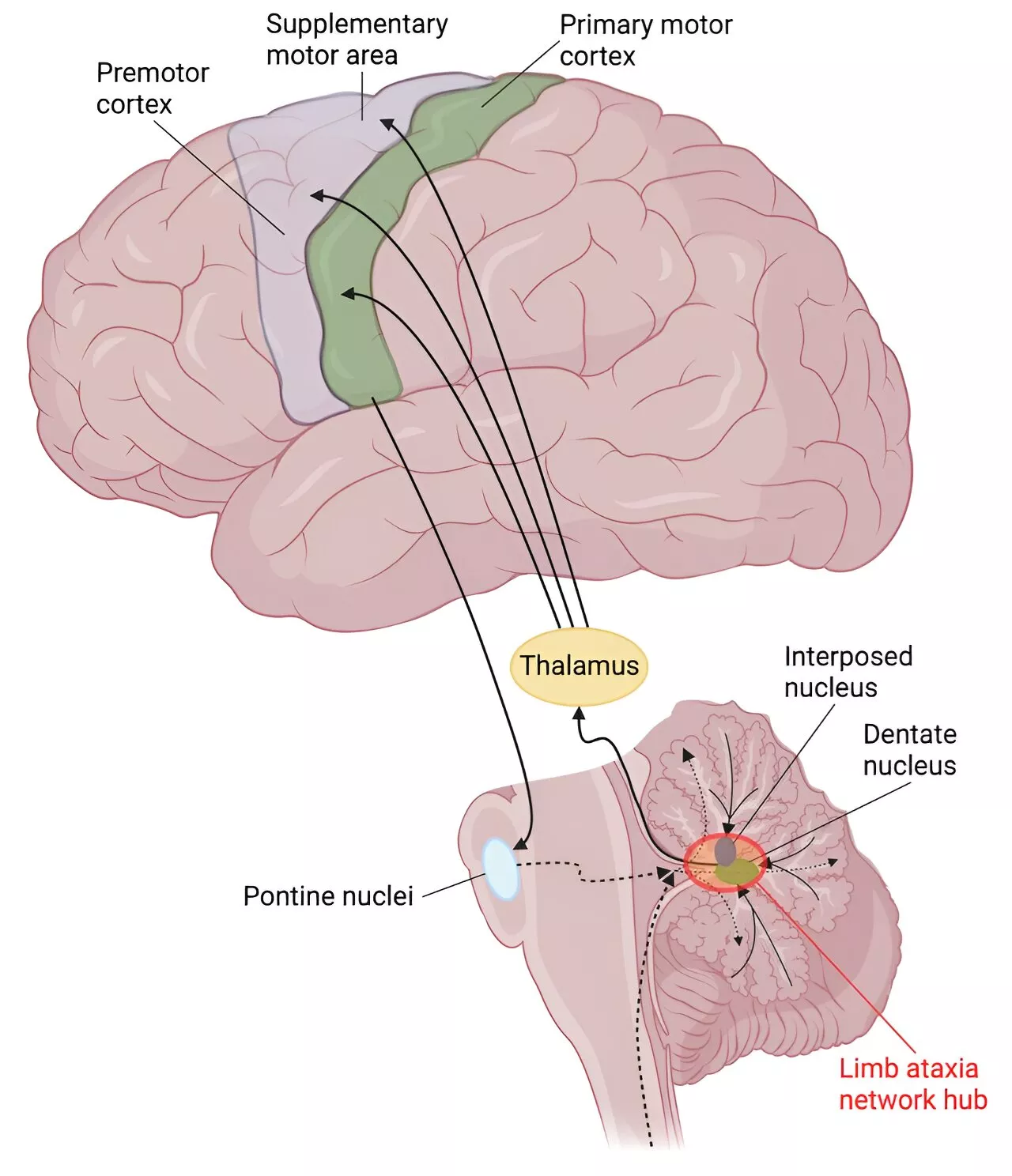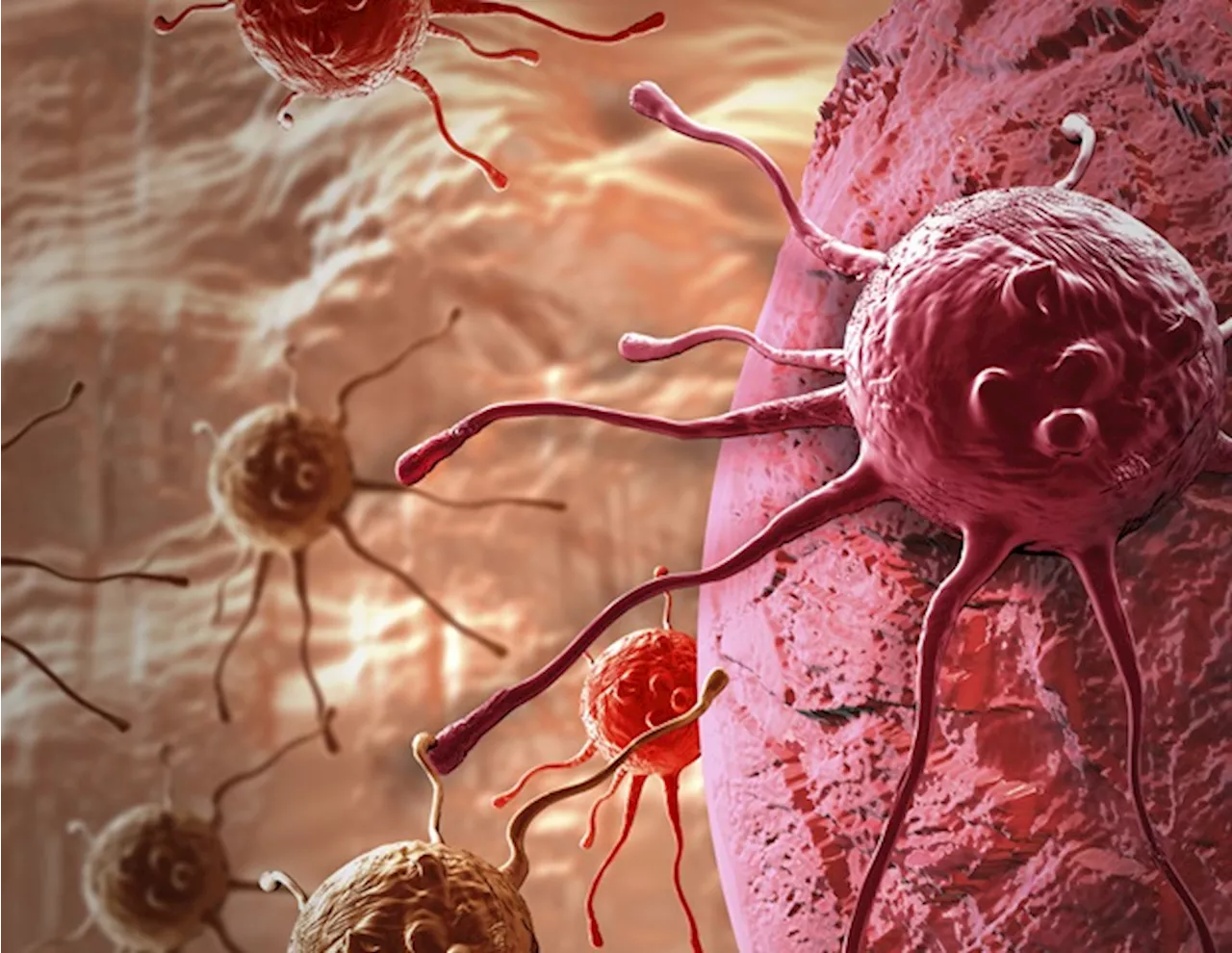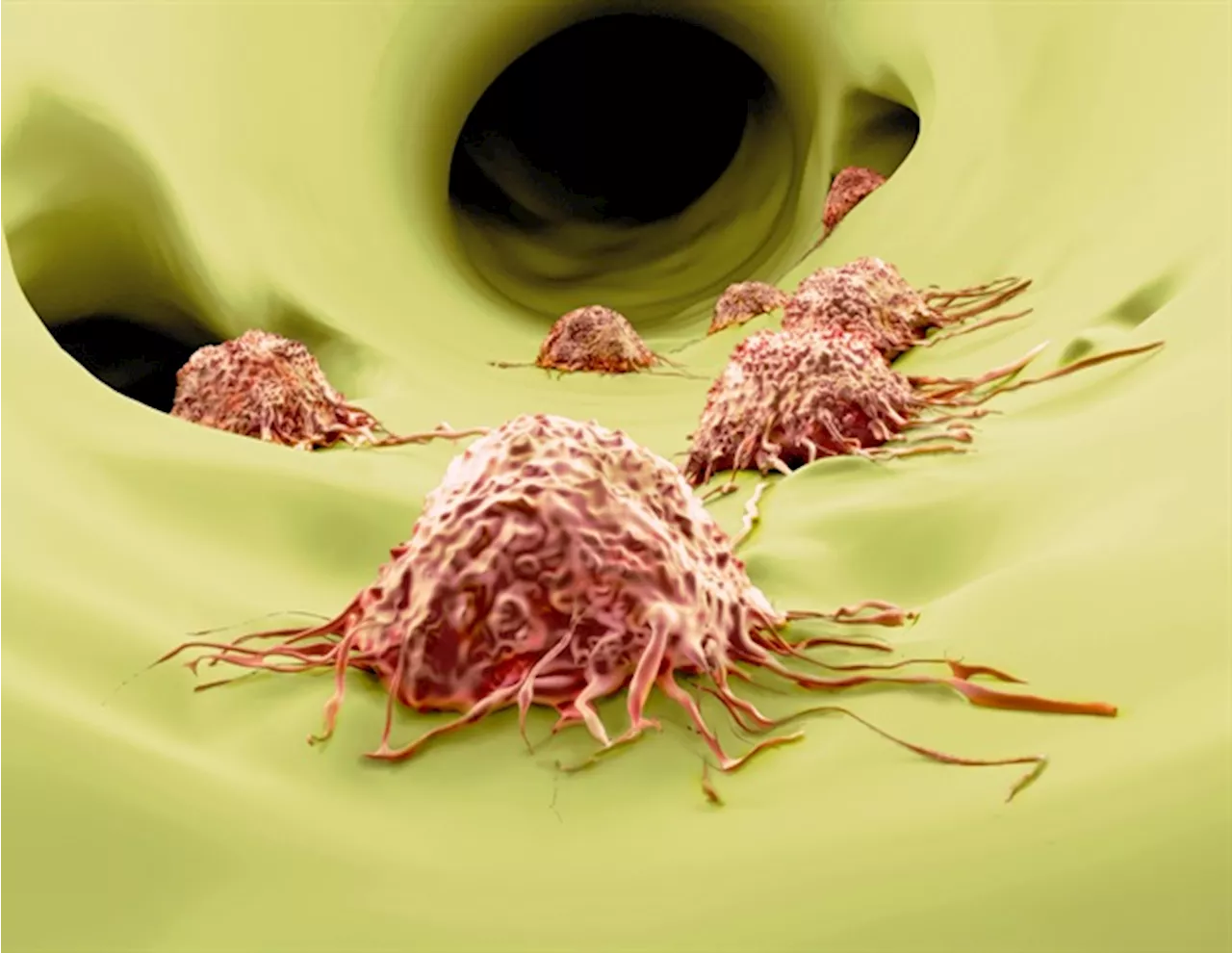Researchers at the Spanish National Cancer Research Centre (CNIO) propose a new treatment for brain metastases that respond poorly, or not at all, to immunotherapy, and provide a biomarker to predict in which cases it should be used.
Centro Nacional de Investigaciones Oncológicas Oct 2 2024 Research ers at the Spanish National Cancer Research Centre propose a new treatment for brain metastases that respond poorly, or not at all, to immunotherapy, and provide a biomarker to predict in which cases it should be used.
"Brain metastasis poses a serious clinical problem," explains Manuel Valiente, head of the CNIO Brain Metastasis Group and director of the study whose results are now being published. "Patients with advanced brain metastases, that is, those who can already perceive symptoms of metastases, don't respond well to immunotherapy. But even patients who respond well to immunotherapy increasingly relapse, often because of new metastases in the brain.
We have discovered," explains Neibla Priego, first author of the paper, "that certain brain cells called astrocytes act as immunomodulators, that is, they interact with the immune system in the brain, and in cases of brain metastasis they misuse this function because they are being influenced by the tumour."
Having demonstrated that this molecule, TIMP1, acts on immune system cells and renders them less effective, the CNIO team proposes to use it as a biomarker to detect brain metastases affected by this immunosuppressive mechanism. "There is a drug called silibinin, which has already been employed on a compassionate use basis, which inhibits the production of the TIMP1 molecule," says Valiente. "A clinical trial is already underway to test its therapeutic efficacy in brain metastasis. We hope to have the results in 2025."
Immunotherapy Metastasis Antibodies Bacteria Biomarker Blood Brain Metastases Cancer Cancer Immunotherapy Clinical Trial Drugs Immune System Molecule Protein Research
United Kingdom Latest News, United Kingdom Headlines
Similar News:You can also read news stories similar to this one that we have collected from other news sources.
 UCL researchers develop UK's first national menopause education programDetails of two new courses to help individuals before and during the menopause have been published as part of the launch of the UK's first menopause education and support programme, created by UCL researchers
UCL researchers develop UK's first national menopause education programDetails of two new courses to help individuals before and during the menopause have been published as part of the launch of the UK's first menopause education and support programme, created by UCL researchers
Read more »
 Researchers report encouraging first evidence of effective new gene therapy to treat multiple sulfatase deficiencyResearchers from Children's Hospital of Philadelphia (CHOP) have tested a preclinical model for an experimental gene therapy designed to treat multiple sulfatase deficiency (MSD), a disorder that affects the brain, lungs, skin, and skeleton with no currently approved treatments.
Researchers report encouraging first evidence of effective new gene therapy to treat multiple sulfatase deficiencyResearchers from Children's Hospital of Philadelphia (CHOP) have tested a preclinical model for an experimental gene therapy designed to treat multiple sulfatase deficiency (MSD), a disorder that affects the brain, lungs, skin, and skeleton with no currently approved treatments.
Read more »
 Northampton Market returns home after £10m faceliftThe historic market has new stalls from Italy, new paving, new lighting and new trees.
Northampton Market returns home after £10m faceliftThe historic market has new stalls from Italy, new paving, new lighting and new trees.
Read more »
 Researchers publish critical examination of new brain tumor drugTwo researchers from the Icahn School of Medicine at Mount Sinai recently published their critical evaluation of a new brain tumor medicine in the journal Nature Reviews Clinical Oncology.
Researchers publish critical examination of new brain tumor drugTwo researchers from the Icahn School of Medicine at Mount Sinai recently published their critical evaluation of a new brain tumor medicine in the journal Nature Reviews Clinical Oncology.
Read more »
 Researchers discover new insights into the neurobiological origins of ataxiaA new study by the University of Turku and Turku University Hospital in Finland investigated the origin of ataxia in the brain of patients with stroke. A significant number of the stroke lesions in the patients were located outside the cerebellum. The study is published in the journal Neurology.
Researchers discover new insights into the neurobiological origins of ataxiaA new study by the University of Turku and Turku University Hospital in Finland investigated the origin of ataxia in the brain of patients with stroke. A significant number of the stroke lesions in the patients were located outside the cerebellum. The study is published in the journal Neurology.
Read more »
 MSK researchers identify a new, rare type of small cell lung cancerA team of doctors and researchers at Memorial Sloan Kettering Cancer Center (MSK) have identified a new, rare type of small cell lung cancer that primarily affects younger people who have never smoked.
MSK researchers identify a new, rare type of small cell lung cancerA team of doctors and researchers at Memorial Sloan Kettering Cancer Center (MSK) have identified a new, rare type of small cell lung cancer that primarily affects younger people who have never smoked.
Read more »
